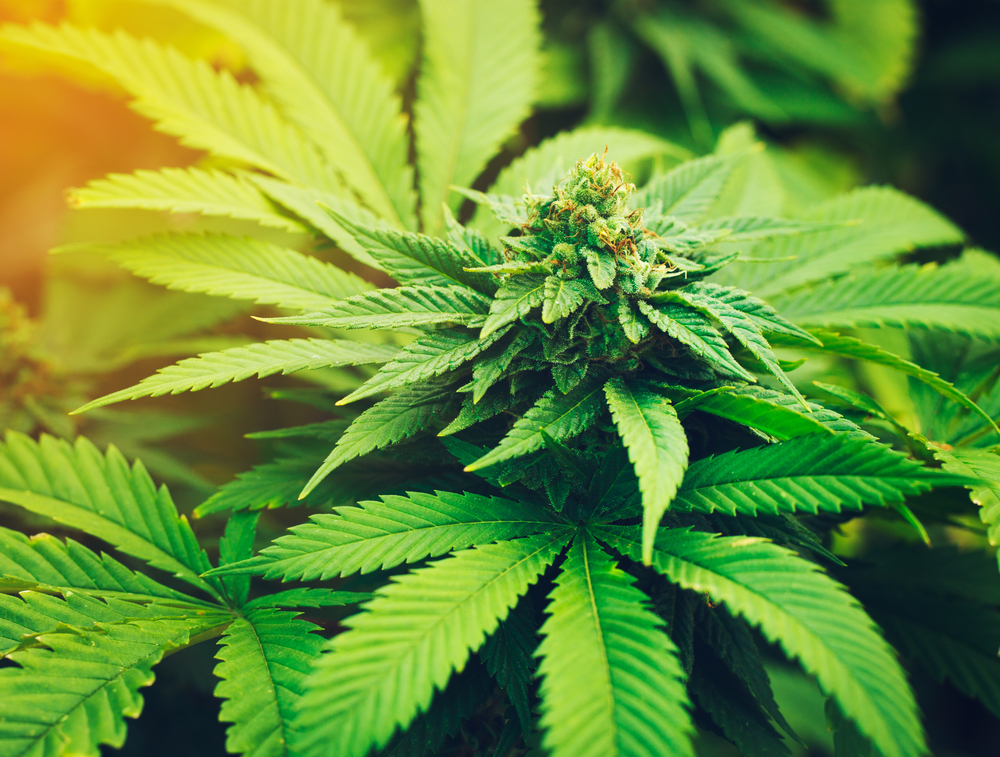Inhaled Vaporized Cannabis Failed to Improve COPD Symptoms in Small Clinical Trial
Written by |

Inhaling vaporized cannabis does not improve breathlessness or exercise endurance in patients with advanced chronic obstructive pulmonary disease (COPD), according to a small Canadian study.
The study reporting the findings, “Effect of vaporized cannabis on exertional breathlessness and exercise endurance in advanced COPD: A randomized controlled trial,” was published in the journal Annals of the American Thoracic Society.
COPD is an inflammatory disease that affects the lungs, and dyspnea or breathlessness is one of the main clinical symptoms of the disease.
It is estimated that more than 40% of COPD patients experience breathlessness during minimal or no activity. Easing breathlessness in these patients could improve their quality of life.
Previous studies in healthy and asthmatic patients showed that smoked cannabis had an acute bronchodilator effect, offering relief to asthma patients.
Now, researchers assessed the potential effect of inhaled vaporized cannabis in easing breathlessness in patients with advanced COPD, and in improving their ability to tolerate exercise.
“We first became aware of the therapeutic potential of cannabis in managing COPD symptoms from patients themselves,” Sarah Abdallah, a PhD candidate in exercise physiology at McGill University in Montreal, Canada, the study’s first author, said in a press release.
“We decided to pursue this study because patients were reporting symptomatic relief of their COPD symptoms after cannabis use,” she said.
Sixteen patients with advanced COPD recruited from the Montreal Chest Institute in Quebec, Canada, participated in this Phase 2 clinical trial (NCT03060993). Participants were at least 40 years old and were taking COPD medication to manage their lung disease.
Patients received a single dose of either 35 mg of cannabis (tetrahydrocannabinol/cannabidiol) in vaporized form or a placebo (the control group). Tilray, a world leader in medical cannabis research, provided the cannabis formulation used in the study.
After a washout period of five days or more, participants in the two groups were switched to receive the other treatment. Neither the researchers nor the patients knew when they were receiving the placebo or the vaporized cannabis.
The effectiveness of the treatment was assessed at rest and during exercise testing. Researchers measured the difference in the intensity of breathlessness and changes in exercise endurance.
Breathlessness intensity neither improved nor worsened with the use of vaporized cannabis (2.7 Borg units) compared to the control group on a placebo, researchers reported.
Also, there was no marked improvement in exercise tolerance in cannabis-treated patients (3.8 minutes) compared to the placebo-treated group (4.2 minutes).
No difference was found in lung function (assessed by spirometry) or pulmonary resistance (measured by impulse oscillometry) between the placebo and cannabis groups.
And, compared to the placebo, inhaling vaporized cannabis did not improve cognitive function, mood, and psychoactivity (a feeling of euphoria) in COPD patients.
Despite these negative results on a potential beneficial effect of vaporized cannabis, the researchers noted some variability in the way COPD patients responded to cannabis treatment.
Although not clinically significant, four out of the 16 patients showed some improvements in breathlessness during exercise, while in the remaining 12 participants it remained the same or worsened.
Overall, the team concluded that a “single-dose inhalation of vaporized cannabis had no clinically meaningful positive or negative effect on airway function, exertional breathlessness and exercise endurance in adults with advanced COPD,” they wrote.
However, according to Dennis Jensen, PhD, the study’s senior author, a number of factors may have negatively influenced the study’s outcomes:
- the small number of participants in the study;
- severity of COPD;
- use of COPD medication during the study;
- a single-dose routine of cannabis;
- the form of cannabis (vaporized) administered;
- the short test duration.
Jensen is an associate professor and scientist in the Translational Research in Respiratory Diseases Program at McGill University and the director of the McGill Research Centre for Physical Activity and Health.
“Future clinical trials are warranted and should evaluate the therapeutic potential of various doses of vaporized and oral cannabis, including oils and pills, administered over longer periods of time in patients with mild to moderate COPD,” Jensen added.

